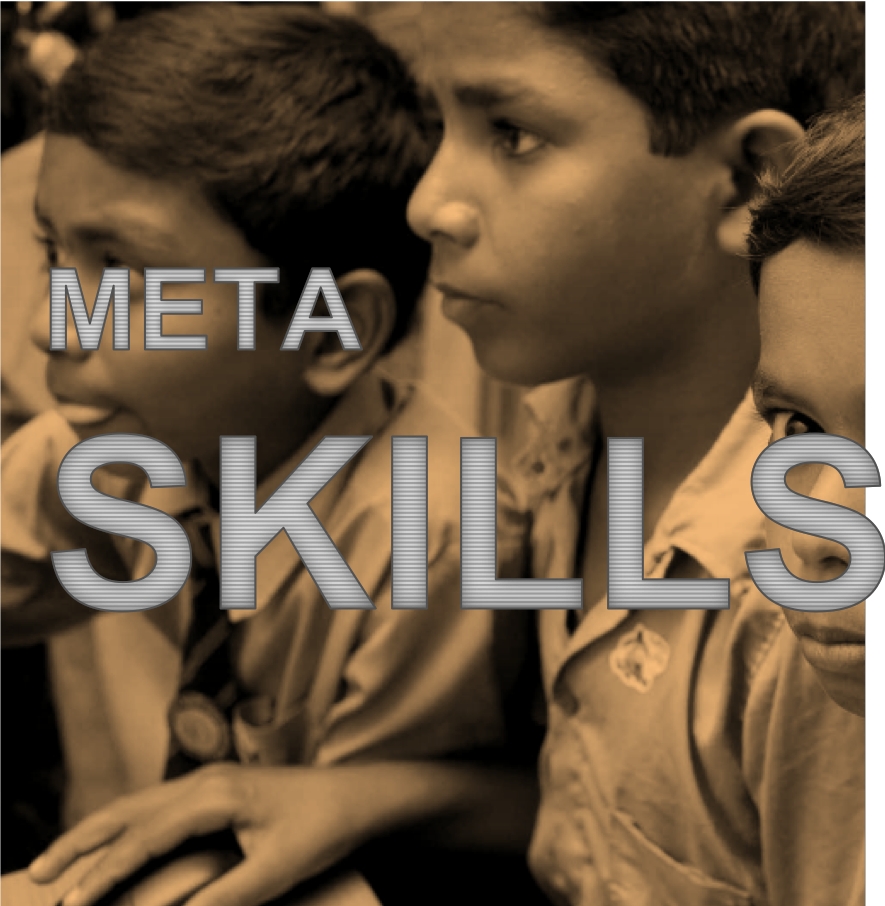With six to eight million young people expected to join the labour force annually, foundational knowledge and meta-skills will be the need of the hour.
Skilling and reskilling of the workforce to respond to changing job requirements, has been, and will always be critical. In the wake of rapid automation and digitisation of life and work, skilling efforts will again have to undergo significant shifts. Highlighting where the focus should really be, Quest Alliance, in partnership with Tandem Research and supported by Microsoft Philanthropies, just released a white paper on the future of jobs and skilling in India.
With six to eight million young people expected to join the labour force each year for the next decade, the report suggests that foundational knowledge and meta-skills will continue to be important in order to facilitate learnability. Language skills will continue to be critical—English language skills will be important not only as demand around communication and ICT rises, but also as a means to access self-learning platforms.
It was also found that data sciences will be critical for seizing digital economy opportunities. Humanistic communication and creativity skills will become more valuable, especially in the service sectors. Social skills, such as collaborating, coordinating and communicating abilities (e.g. interpersonal and teamwork); personal skills, such as individual character traits (e.g. hard work and professionalism) and emotional intelligence; and non-cognitive skills, such as empathy, relate- ability, cultural sensitivity, ethical judgement, and cooperation along with verbal and non-verbal communication skills will be of utmost importance in the future disrupted by technology.
The whitepaper also stated that mere digital literacy will not be enough and that fluency is the need of the hour. Digital mastery will be a pre-requisite for data science, an increasingly important skill as data becomes central to most businesses across the globe. The level of mastery could vary, from data interpretation and data visualisation, to advanced machine learning and cognitive computing.
Data scientists in the coming times, will increasingly be required to have creative visualisation and storytelling skills, as the report suggests.
Aakash Sethi, executive director, Quest Alliance says “Across the whole spectrum of the industry, skill profiles are undergoing rapid changes with technological advancements, which create a rising demand for enhanced digital capabilities. With the advent of new technologies, such as AI, Blockchain and IoT, reskilling of young professionals is critical.”
The future skilling strategy should look beyond the technical skills required for specific job profiles, and instead seek to cultivate a set of core skills that can help chart meaningful and sustainable careers. The future of work will reflect a complex and often unpredictable interplay of numerous socio-economic and political factors. Core skills will help build resilience and adaptive capacity to future disruptions.
In line with that, Manju Dhasmana, director – Philanthropies, Microsoft India says, “We are in the midst of unprecedented social and economic transformation and today technology is infused throughout jobs across every employment sector. However, a defining challenge of our time is ensuring that everyone is included in the benefits that technology can bring. This requires that we change the way we educate young people with digital skills and the way we train our current and future workforce.”
Skill programmes involving design and delivery must also address gender-based exclusionary practices. These skilling initiatives will be targeted at building meaningful careers, as opposed to mere specific job profiles. The difference across genders is in their ability to access and freely use digital technologies. Restrictions on mobility, for example, often result in women losing access to community internet centres and training facilities. This means that skilling initiatives to equip women and other social groups with capabilities for future jobs cannot work in isolation; skilling will have to be undertaken alongside broader social policy interventions.
Urvashi Aneja, founding director of Tandem Research and lead author of the white paper, shares that the research for the white paper ‘Skilling for the Future’—part of Tandem Research’s Future of Work and Learning programme—examines issues of automation and labour displacement; employment conditions; inequities in labour markets; and the economic empowerment of women.
With a focus on raising awareness and driving conversations around 21st century skill sets needed in India, the whitepaper aims to enable educators to address critical gaps in the quality of education and skills training in the country. It comes at a time when Prime Minister Narendra Modi has issued a clarion call to increase digital literacy across the country, and is in line with his vision of increasing technical skills among rural and semi-rural youth.



